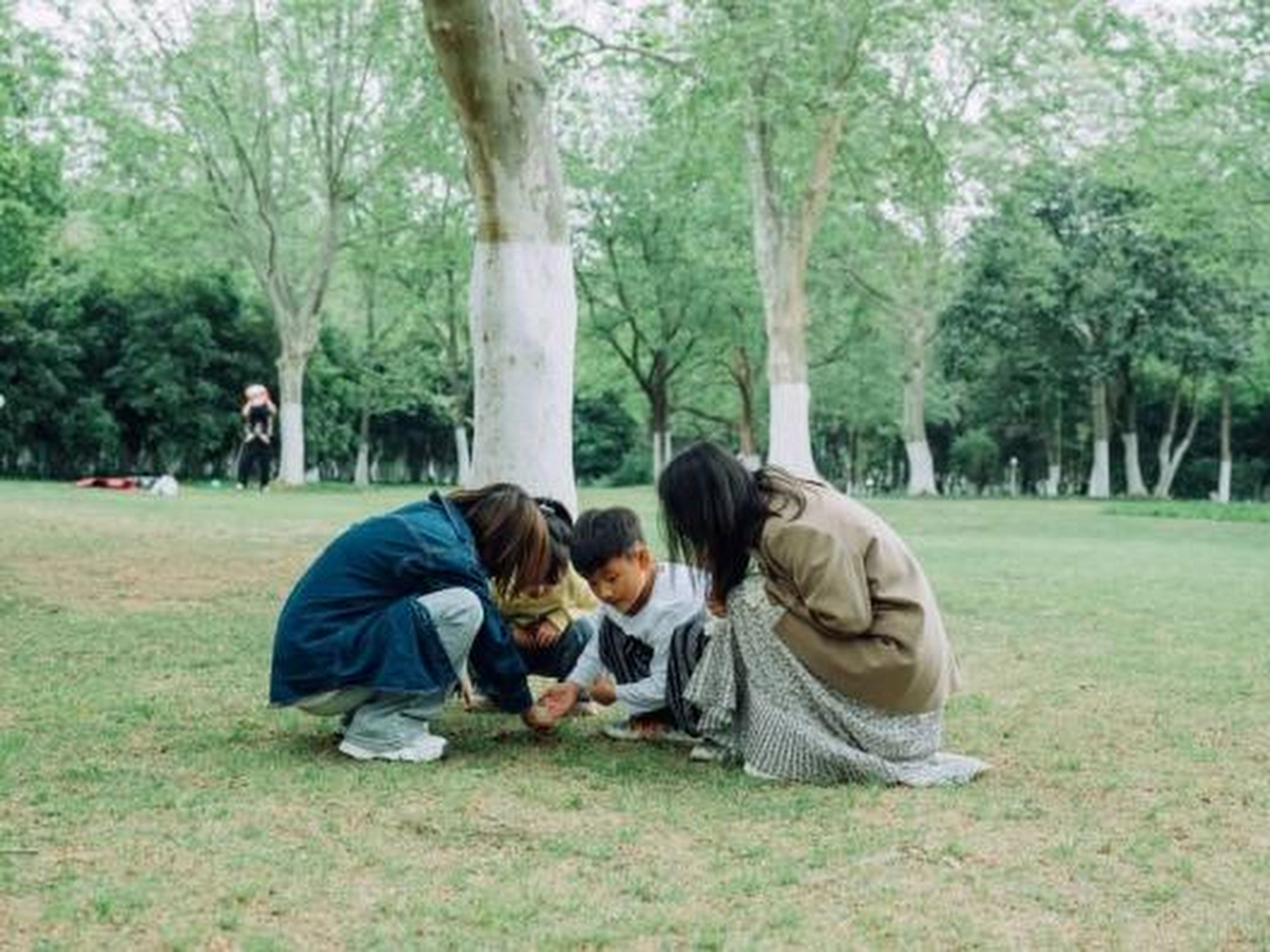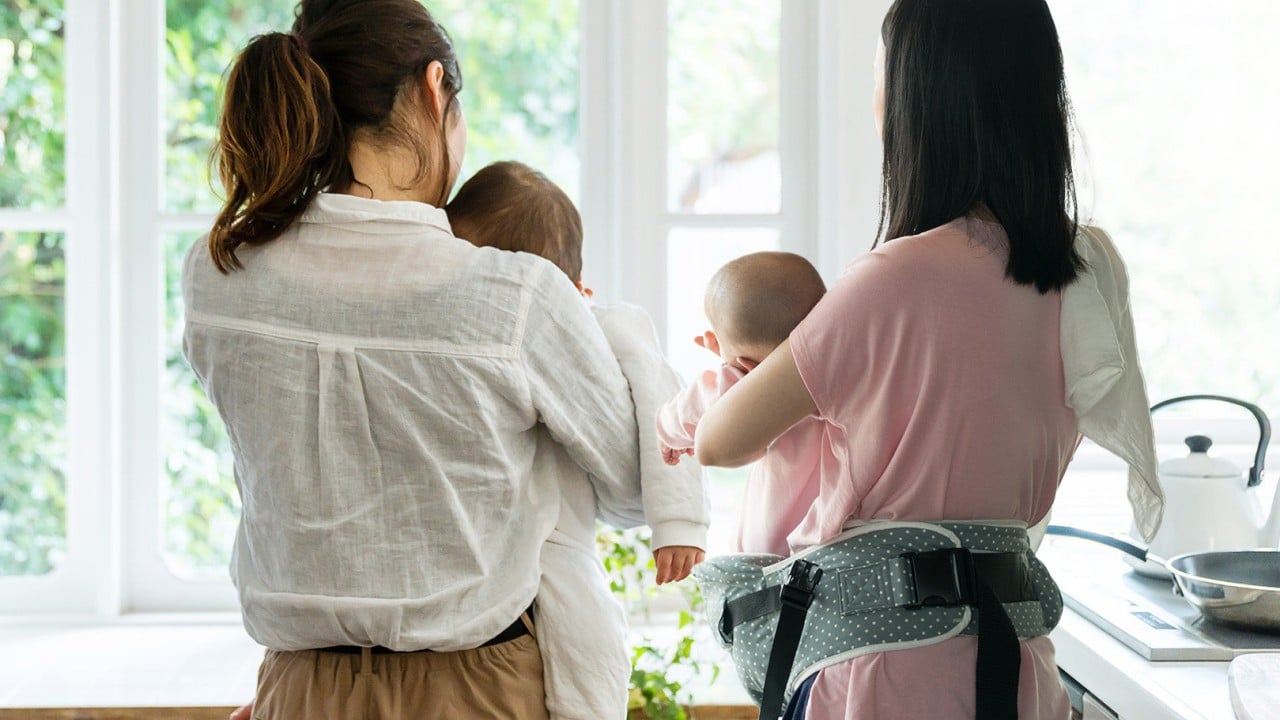Explainer | ‘Divorce pals’: new China trend sees single mothers team up, live together, share resources and childcare duties
A trend has emerged in China which sees people post messages on social media looking for a “divorce partner.”
The objective is to bring two previously married individuals – predominantly single mothers – together to form new households, where they can support each other with shared living costs and childcare.
The Post takes a closer look at the phenomenon.
Post-divorce challenges
The rise of divorce partnerships involving lone mothers is primarily driven by the practical challenges they face after separation from their husbands.
Many need to work to pay the bills, which complicates their ability to care for their children.
According to the China Women’s News, a survey of 271 single mothers showed that 59.4 per cent had never received child support from their ex-husbands, and those who did often received payments lower than the courts ordered.

In this context, forming alliances outside marriage is seen as a solution for many single mothers, in which one party can work to earn an income while the other takes care of the children and household demands.
The arrangement is sometimes depicted as a symbol of female independence.
Tale of two women
It does not always work out though.
This was the case in a partnership between a woman using the pseudonym Jingwen Lin from Guangdong province in southeast China and another, identified as Xiaoli Chen from Shandong in the east of the country.
Their partnership lasted just 108 days.
Lin became a single parent after unexpectedly becoming pregnant at the age of 35 in 2022. Her boyfriend suggested she terminate the pregnancy.
Lin faced severe financial challenges because childcare consumed her time and energy, forcing her to resign and live off savings from the sale of her house.
Last September, she posted a “divorce partner” recruitment ad, which attracted Chen.
They established a division of labour. Chen took care of the children, Lin was freed from household duties and could work.
However, by the Chinese Spring Festival of this year they separated.
Lin said the “break-up” was largely due to the demanding care their young children needed, along with an inability to provide an income that could sustain them all.
In a desperate attempt to boost their income, and inspired by vendors at night markets, they tried setting up a stall that ended up losing 3,000 yuan (US$400) in less than a month, ending the partnership.
Pros and cons

The positive aspects of such partnerships include children playing together and mothers sharing meal preparation.
Many online observers also believe it is a win-win situation, who post comments such as: “Life is so much better without that troublesome man, and with a strong helper instead.”
However, Chen Yijun, a researcher at the Chinese Academy of Social Sciences, has warned that impoverished single mothers are actually a vulnerable new group, especially in cities.
“Particularly those with low education and no skills, who were entirely dependent on their husbands before the divorce. Their economic independence is very poor, making it extremely difficult to sustain a living after divorce,” she said.
Furthermore, “partner families” are not legally protected under current Chinese family law.
Many scholars studying “partnering up for elderly care” have pointed out that non-marital cohabitation could lead to potential property disputes and rights infringements.


